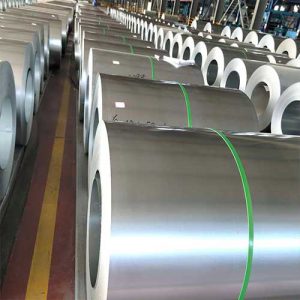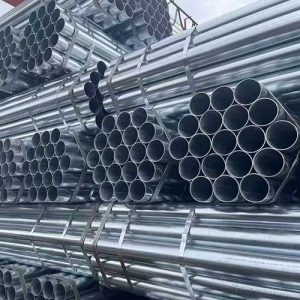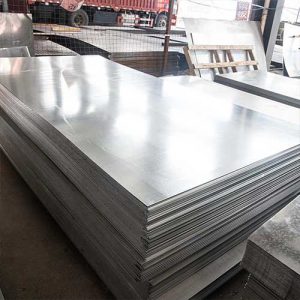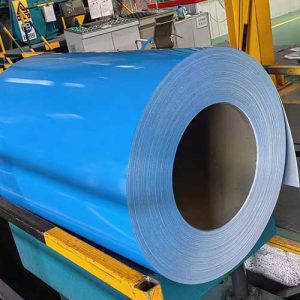What is galvanized iron pipe? Now I will tell you everything you want to know.
Welcome to My Blog!
Before we dive into the content, I’d love for you to join me on my social media platforms where I share more insights, engage with the community, and post updates. Here’s how you can connect with me:
Facebook:https://www.facebook.com/profile.php?id=61565500692293
Now, let’s get started on our journey together. I hope you find the content here insightful, engaging, and valuable.
Table of Contents
Introduction
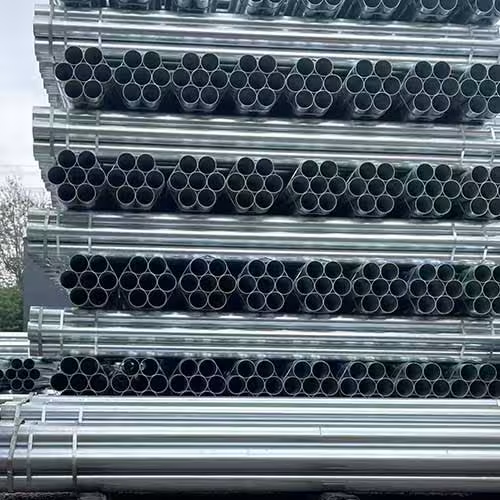
What is galvanized iron pipe? Galvanized iron pipe is one of the most widely used materials in plumbing and construction due to its durability, strength, and corrosion resistance. It plays an essential role in the transportation of water and other fluids in both residential and commercial applications. Whether you’re planning to install a new plumbing system or replace old pipes, understanding the properties and advantages of galvanized iron pipe is crucial.
In this comprehensive guide, we will explore everything you need to know about galvanized iron pipes, including their composition, types, benefits, applications, and key factors to consider when selecting the right pipe for your project. Whether you’re a homeowner, contractor, or industry professional, this article will provide you with valuable insights into what galvanized iron pipes are and why they remain an important choice in many industries.
What Is Galvanized Iron Pipe?
What is galvanized iron pipe? Galvanized iron pipe is made of steel or iron that has been coated with a layer of zinc to protect it from corrosion and rust. The process of galvanizing involves dipping the pipe into molten zinc or applying a zinc coating to the surface. The zinc layer serves as a protective barrier that prevents water and other elements from directly coming into contact with the iron, thereby extending the lifespan of the pipe.
Galvanized pipes have been in use for over a century, especially in water supply systems, and are still found in older buildings. They are commonly used in plumbing applications, but they also have applications in other industries like construction, agriculture, and transportation.
Composition of Galvanized Iron Pipe
Galvanized iron pipes are typically made of steel or wrought iron as the base material, with a zinc coating applied to the surface. The zinc coating creates a protective barrier against corrosion and other environmental factors that may otherwise cause the iron to deteriorate. Below is the general composition of a galvanized iron pipe:
| Component | Percentage (%) |
|---|---|
| Iron/Steel | 98-99 |
| Zinc | 1-2 |
| Carbon | 0.05-0.15 |
| Manganese | 0.5-1.5 |
| Phosphorus | 0.05-0.2 |
The zinc coating can vary in thickness, and the thickness of the coating depends on the galvanization process used and the intended application of the pipe. The thicker the zinc layer, the more resistant the pipe will be to corrosion.
Types of Galvanized Iron Pipes
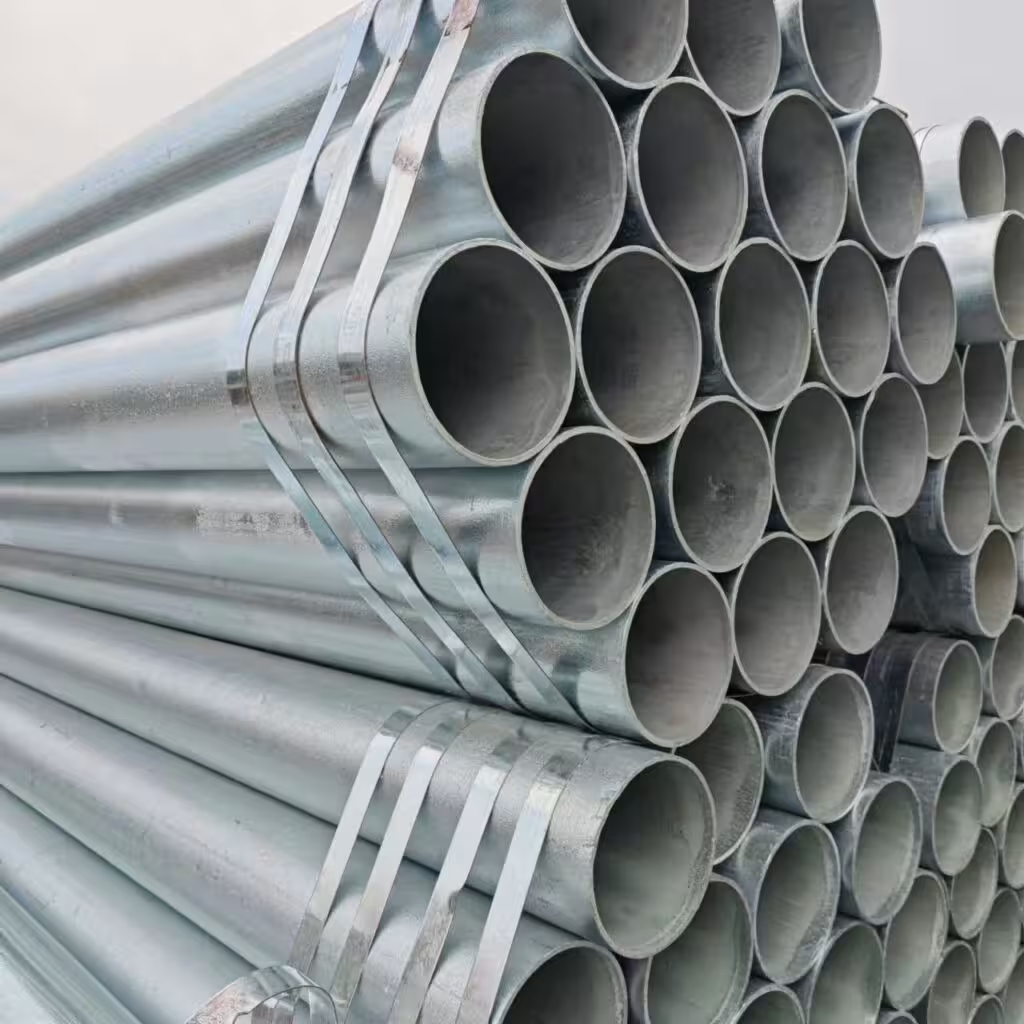
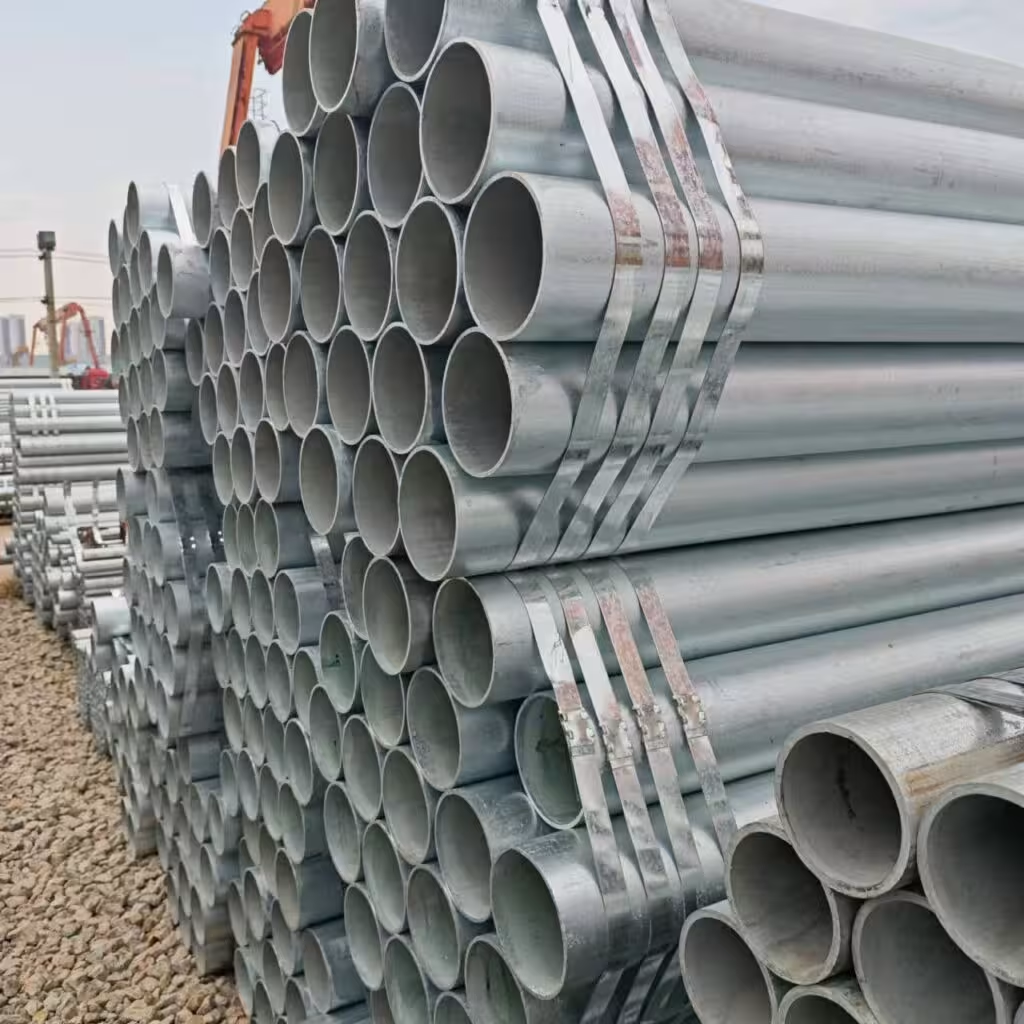
There are two main types of galvanized iron pipes based on the manufacturing process:
Hot-Dip Galvanized Iron Pipe
Hot-dip galvanized pipes are produced by dipping the steel or iron pipe into a molten zinc bath. This process creates a durable and thick coating of zinc, which ensures long-lasting protection against corrosion. Hot-dip galvanized pipes are widely used in applications where pipes are exposed to harsh environments and need extra protection.
Electro-Galvanized Iron Pipe
Electro-galvanized pipes are produced by applying a thin layer of zinc to the surface of the pipe using an electrical current. This process is less expensive compared to hot-dip galvanization and is commonly used for lighter-duty applications. However, the protection provided by electro-galvanized pipes is not as robust as hot-dip galvanized pipes.
Benefits of Galvanized Iron Pipe
Galvanized iron pipes have several advantages, making them a popular choice in many industries. Below are the key benefits:
Corrosion Resistance
One of the main advantages of galvanized iron pipe is its corrosion resistance. The zinc coating protects the pipe from rust, which is crucial in applications where the pipe is exposed to water or other corrosive substances.
Durability
Galvanized iron pipes are known for their longevity and ability to withstand physical wear and tear. The thick zinc coating ensures that the pipe maintains its structural integrity for many years, even in harsh environments.
Affordable
Compared to some other types of pipes, galvanized iron pipes are relatively affordable. Their cost-effectiveness, combined with their long lifespan, makes them a popular choice for both residential and commercial applications.
Strength
Galvanized iron pipes are strong and durable, able to withstand high pressure, making them suitable for a variety of applications, including water supply systems and construction projects.
Recyclable
Galvanized iron pipes are made from steel, which is a recyclable material. After the pipes have reached the end of their life cycle, they can be recycled, which makes them an environmentally friendly option.
Common Applications of Galvanized Iron Pipes
Galvanized iron pipes have been used in a wide range of applications due to their strength and corrosion resistance. Some of the most common uses include:
Water Supply Systems
Galvanized iron pipes were traditionally used in residential and commercial water supply systems. They are still found in many older buildings that require replacement or maintenance. Galvanized pipes are ideal for conveying water due to their durability and corrosion resistance.
Plumbing Systems
Galvanized iron pipes are commonly used in plumbing systems for both residential and industrial applications. Their ability to withstand water pressure and resist rust makes them a reliable choice for distributing water and other liquids.
Construction
In construction, galvanized pipes are used for structural support, fencing, and scaffolding. Their ability to resist rust and corrosion ensures that they maintain their strength over time.
Agriculture
In agriculture, galvanized iron pipes are used for irrigation systems, water supply for livestock, and other outdoor applications. Their resistance to corrosion makes them well-suited for use in environments with exposure to the elements.
Fire Sprinkler Systems
Galvanized pipes are often used in fire sprinkler systems due to their ability to withstand high pressure and provide a reliable flow of water in the event of a fire.
Factors to Consider When Choosing Galvanized Iron Pipes
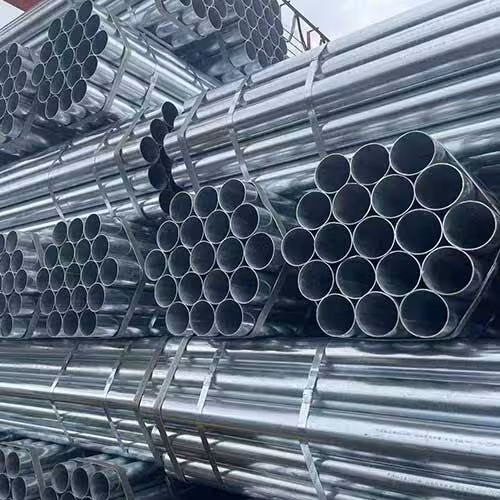
When selecting galvanized iron pipes for your project, it’s important to consider several factors to ensure that you choose the right pipe for your needs. Some of the key factors to consider include:
Pipe Size and Thickness
The size and thickness of the galvanized iron pipe depend on the application. Larger pipes may be required for high-pressure systems or for carrying large volumes of water, while smaller pipes are suitable for low-pressure applications.
Coating Thickness
The thickness of the zinc coating plays a crucial role in the pipe’s resistance to corrosion. Thicker coatings offer better protection against rust and environmental damage, making them ideal for applications exposed to moisture and corrosive substances.
Quality Standards
Ensure that the galvanized iron pipes you select meet industry standards for quality and performance. Look for certifications such as ASTM or ISO standards to ensure that the pipes are manufactured to the highest quality.
Environment
Consider the environment in which the galvanized iron pipes will be used. For applications exposed to harsh weather conditions, such as outdoor irrigation systems, hot-dip galvanized pipes may be a better choice due to their thicker zinc coating.
Conclusion
In conclusion, galvanized iron pipes offer a reliable and cost-effective solution for a variety of plumbing, construction, and industrial applications. Their corrosion resistance, strength, and durability make them an ideal choice for water supply systems, irrigation, and structural support. Whether you’re working on a residential or commercial project, understanding what galvanized iron pipe is and how to choose the right one for your needs will ensure the success of your project.
What is galvanized iron pipe? If you need more information, please feel free to contact us.
FAQ
What is galvanized iron pipe and how does it work?
A galvanized iron pipe is a steel pipe that has been coated with a layer of zinc to prevent corrosion. The process of galvanization helps protect the pipe from rust, making it more durable and long-lasting. These pipes are commonly used in plumbing systems and for carrying water or other fluids, as the zinc coating offers an added layer of protection from the elements.
What is galvanized iron pipe used for?
Galvanized iron pipes were traditionally used for water supply systems, sewage lines, and gas lines. Due to their strength and resistance to rust, they were a preferred choice for both residential and commercial applications. Although they are being replaced by modern materials like PEX and copper, galvanized iron pipes are still found in older buildings and are used for outdoor applications such as irrigation systems and fencing.
What is galvanized iron pipe’s lifespan?
The lifespan of a galvanized iron pipe depends on various factors such as water quality, environmental conditions, and the thickness of the zinc coating. On average, galvanized iron pipes can last between 40 to 50 years. However, over time, the zinc coating deteriorates, which can cause the pipes to corrode and weaken. This is why many modern systems now replace galvanized iron pipes with more reliable materials.
How can I identify what is galvanized iron pipe in my plumbing system?
To identify what is galvanized iron pipe in your plumbing system, you can look for the distinctive appearance of the pipe. These pipes are typically shiny, silver, and may have a rough, threaded texture. Over time, you may notice rust or corrosion on older galvanized iron pipes, which indicates the zinc coating has worn off. If you suspect that your plumbing includes galvanized pipes, it is best to consult a professional plumber.
What is galvanized iron pipe’s impact on water quality?
What is galvanized iron pipe’s impact on water quality? Over time, the internal corrosion of galvanized iron pipes can lead to the buildup of rust and scale, which can affect water flow and potentially contaminate the water with impurities. This is why it’s no longer recommended for drinking water systems. The zinc coating that initially protected the pipes from corrosion can deteriorate, leading to the introduction of lead or other contaminants into the water.

